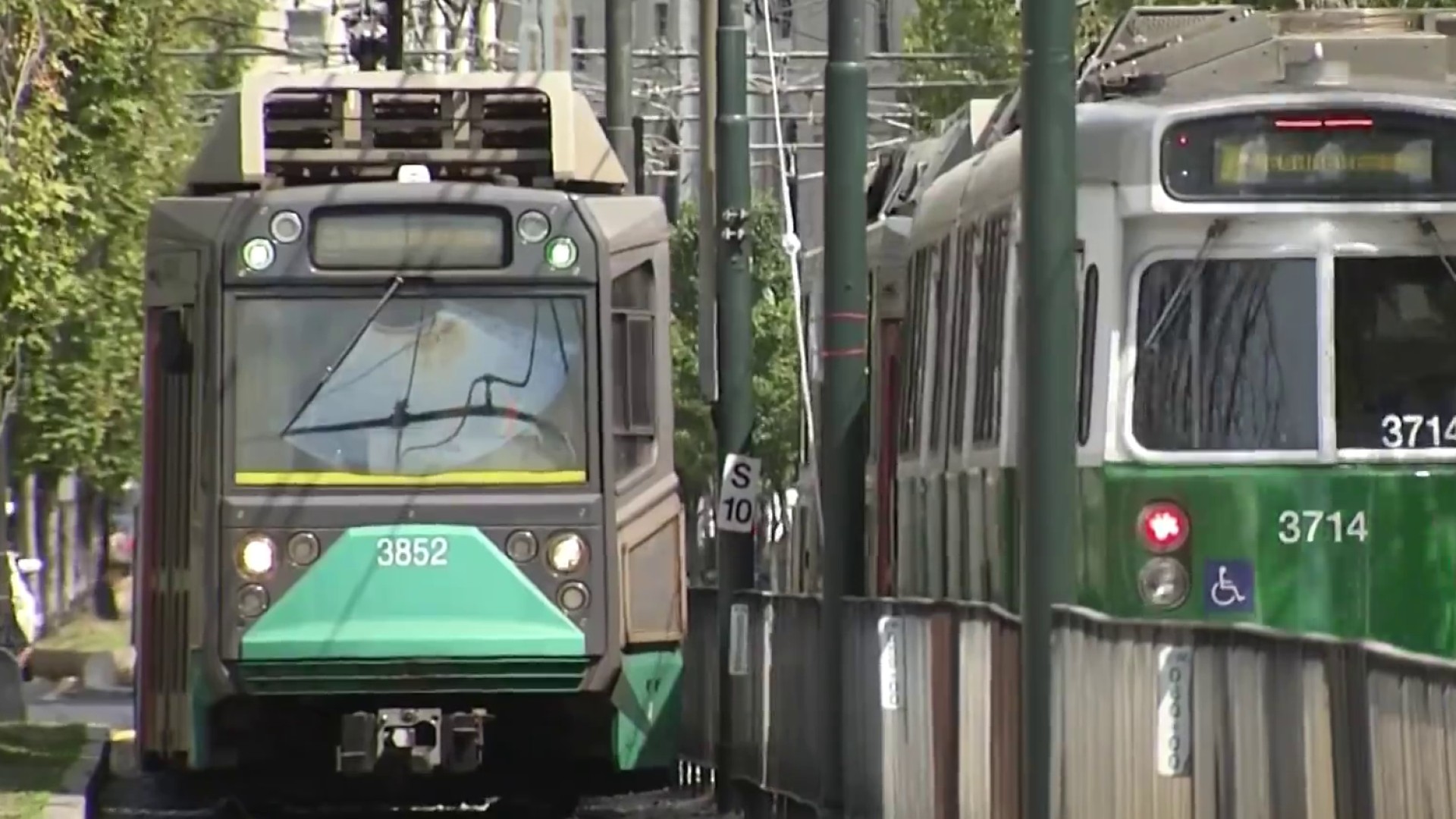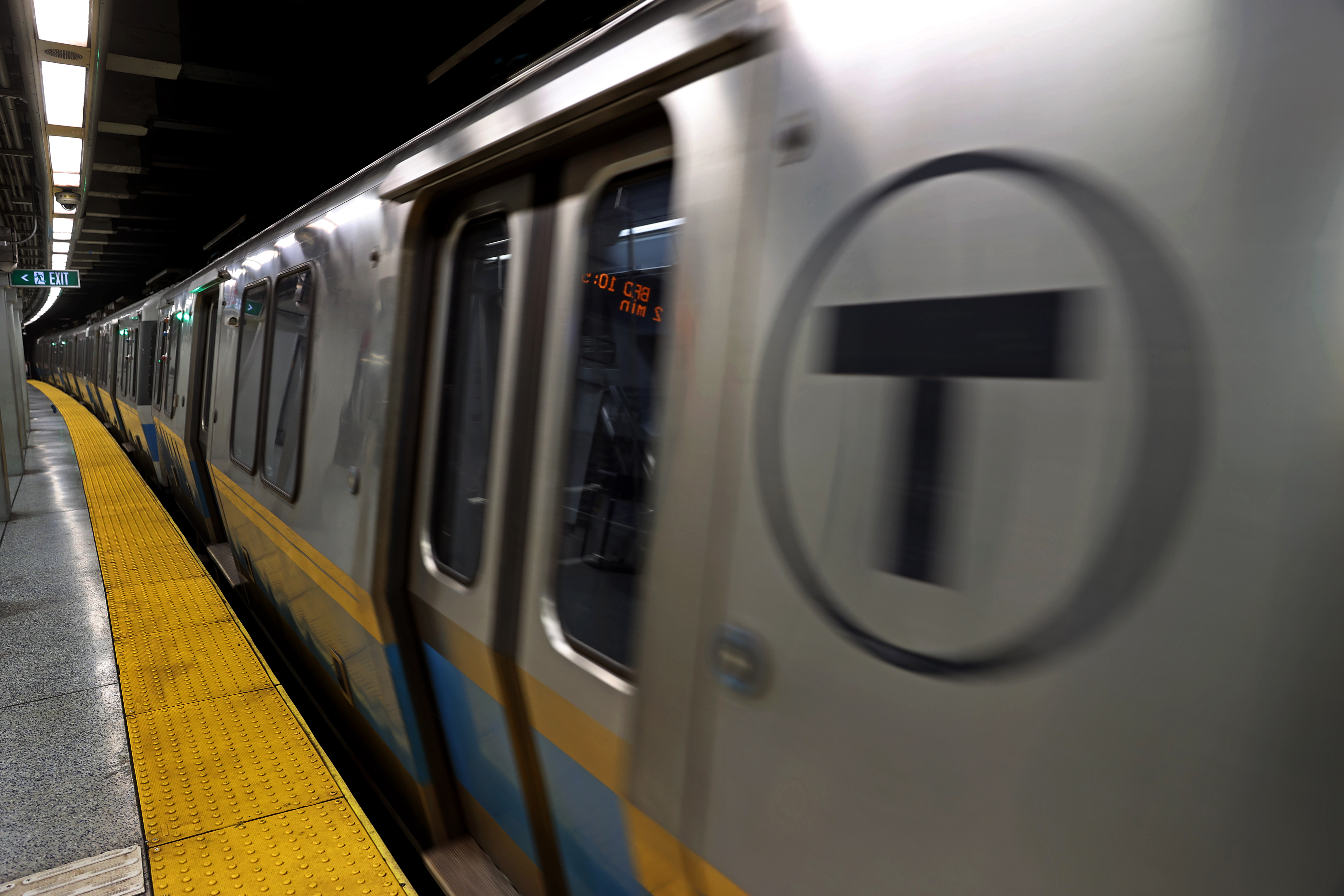It's no secret that the MBTA has faced a lot of problems over the years, from derailments to crumbling stations and, yes, those dreaded slow zones. While some issues do remain, there has been a lot of progress to make things better for riders.
NBC10 Boston was the only station invited down inside the final track improvement project of 2024. MBTA General Manager Phil Eng showed us the work being done on the Green Line at Haymarket Station.
WATCH ANYTIME FOR FREE
Stream NBC10 Boston news for free, 24/7, wherever you are. |
"The amount of work we've done gives us the ability now to stay ahead," Eng said.
One year ago, there were 226 slow zones across the transit system with rolling shutdowns. The T replaced 246,000 feet of rail during that time. The final two slow zones are set to be lifted after work is done on the Green Line on Dec. 20.
Get updates on what's happening in Boston to your inbox. Sign up for our News Headlines newsletter.
Eng said the reason they were able to finally able to get this work done is because they were able to shut down lines instead of doing the work in small chunks.
"Trying to do it on the overnights — not enough hours," said Eng. "We just got too far behind on the amount of work that needed to get done. The ability to tackle these with longer diversions allows us not only the ability to eliminate the restriction but, again, to do significant more repair in addition, a much more robust repair."

Over on the Red Line, the slow zones are gone. It's the first time that's happened in 15 years. The T said roundtrip travel time on this line alone has improved by nearly an hour.
"I get here in 40 minutes from East Boston, which I think is great," said Mario Rojas, who takes the Red Line to JFK UMass Station. Rojas said his commute used to take about an hour and a half.
Another rider told us his commute is returning back to what it used to be: "Instead of an hour, it's 45 minute."
"I think the T is on the upswing," said Jim Aloisi, a former Massachusetts secretary of transportation.
But Aloisi has concerns that much of the progress made over the last year could face a setback. The MBTA is facing a $700 million operating deficit for the next fiscal year.
"There's no solution to this," said Aloisi. "You either cut back on service or you solve the fiscal cliff."
He does remain cautiously optimistic that the funding will come through.
"Our Legislature and our governor really need to confront the reality that this is not a one-time fix," said Aloisi. "We need a structural, long-term, permanent, fair solution that gives the T ample money."
Eng said the T is fully funded through 2025.
"I'm confident, as the T, we're doing everything we can to be more efficient," he added.
While a lot of progress has been made, Eng doesn't rule out more limited closures to fix future problems when they come up.
"We know there's going to be another restriction 'cause there's so many areas that need to be done, but we also know that we can tackle them," Eng said.




